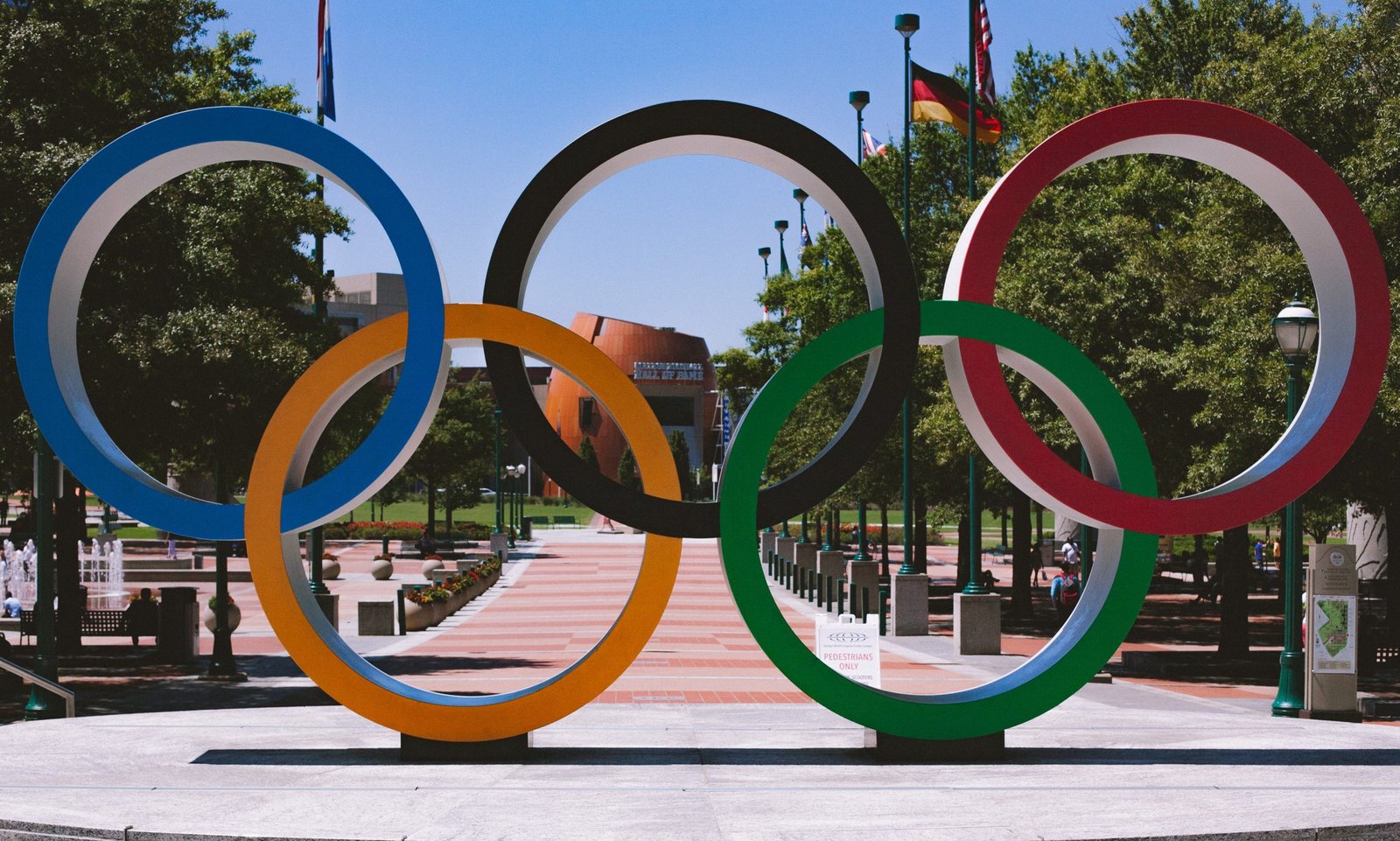Because of the worldwide pandemic, the 2020 Summer Olympics that was supposed to happen last year was postponed to begin on July 23 to August 8, 2021; in Tokyo, Japan.
Although many Japanese citizens do not support the idea of holding the games because of the ongoing spread of COVID-19, Japanese officials made the decision to still hold the games because it is beneficial for the city and the chance to host the Olympics does not come very often. The last time Tokyo, Japan has hosted a Summer Olympics was in 1964 which is around 57 years ago. A chance to host the Summer Olympics does not come quite frequently since there are many cities to choose to host from and since the Summer Olympics happen only once every four years. Hosting the Olympics can boost local economies, increase trade, create national pride, etc.
However, the question you might be asking is, is it really safe to host an Olympics during this time?
Despite Japan having a delay in COVID-19 vaccine importation, Japan has given around 40,000 doses of vaccine for their athletes and people involved in the games. Also, an estimate of 80% of the athletes participating in the Olympics will have gotten their shots. However, getting vaccinated does not mean the athletes won’t follow any health guidelines.
During the preparation for the Olympics and during the Olympic games, athletes will be daily tested for COVID-19 and they will obey strict rules that involve social distancing. There will be a clinic and a separate room for quarantine for any athletes who are infected. During meals, every single athlete will be eating behind a plastic screen, at least 2 meters apart from others. In addition, all crowds must follow the COVID-19 protocols such as mask-wearing, no loud cheering, etc.
Based on the health guidelines anyone involved with the Olympics must follow, it seems fairly safe because most athletes will be vaccinated and follow strict COVID-19 guidelines whether they get infected by the virus during the games or not.
